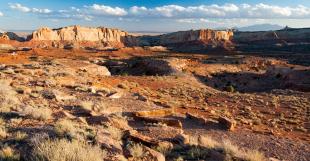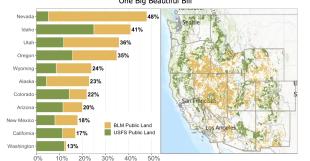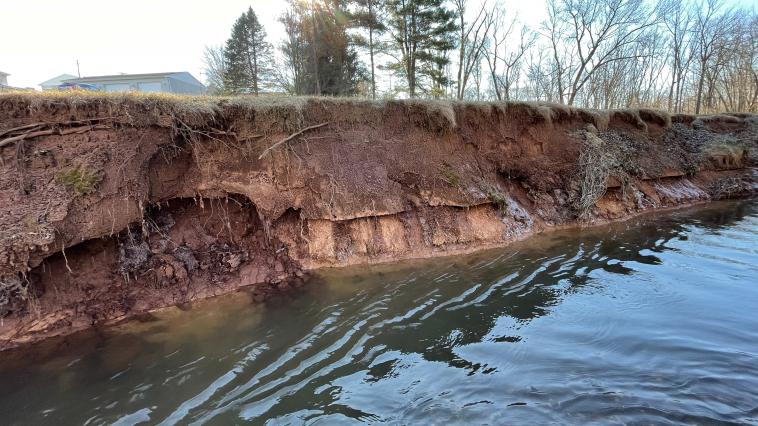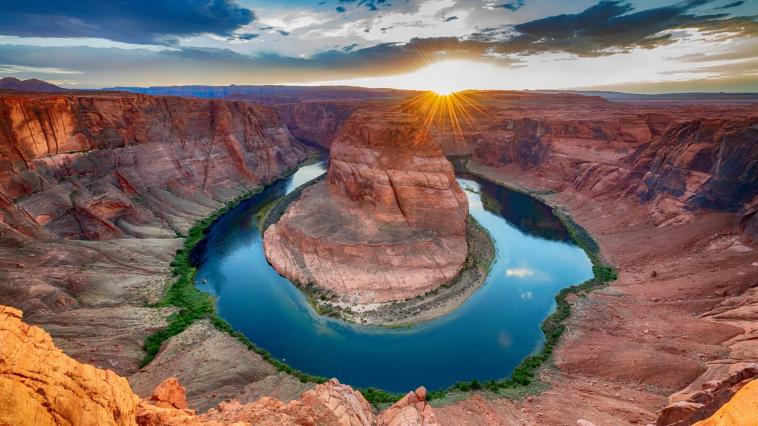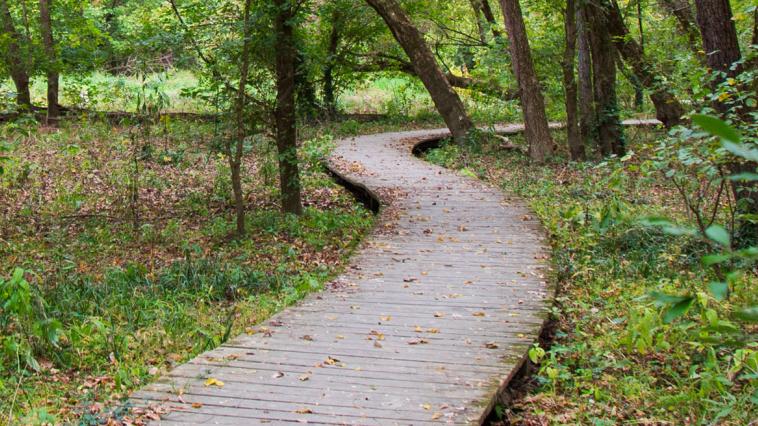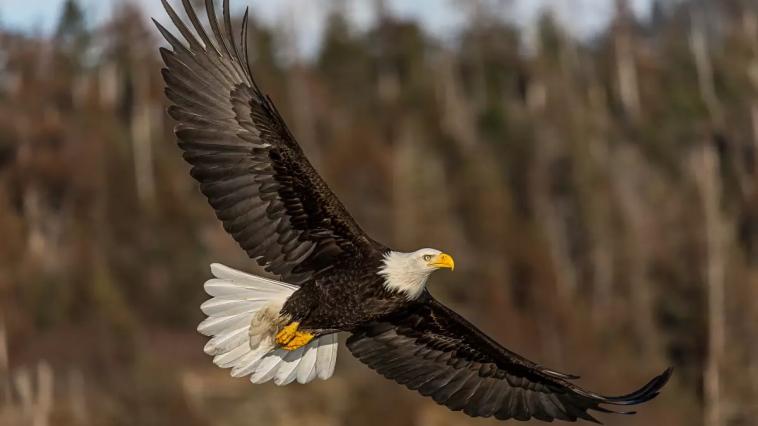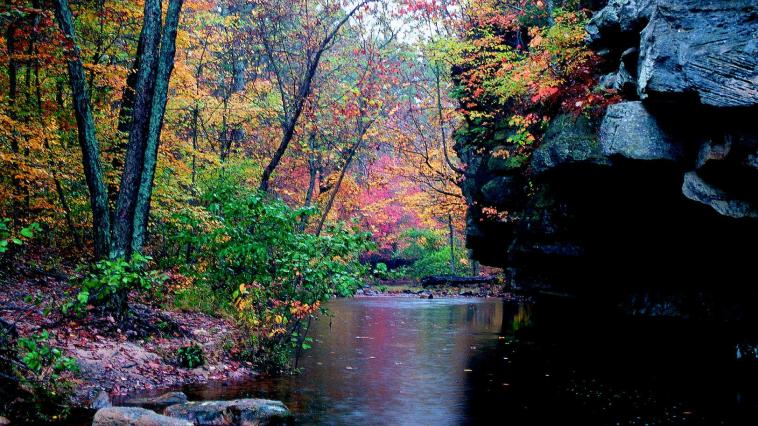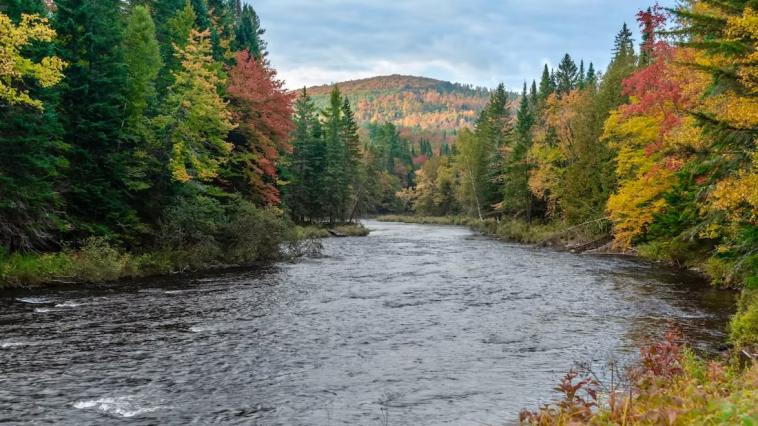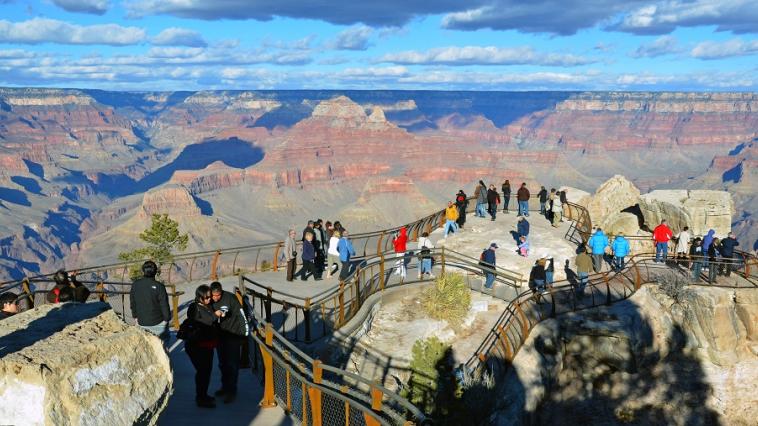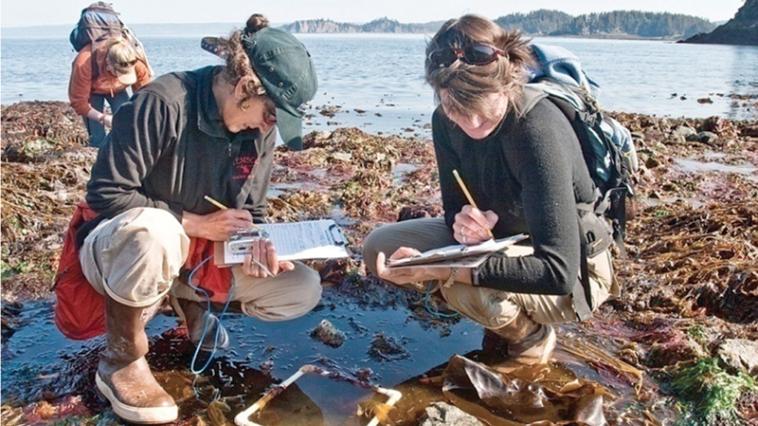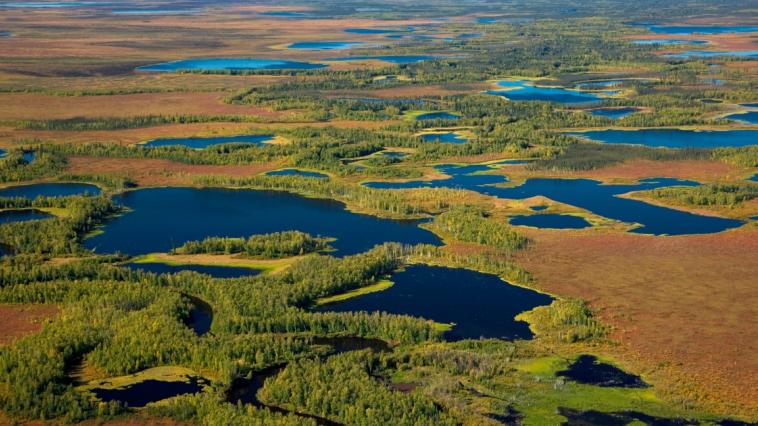Public Lands for Sale
Tracker entry and action guide
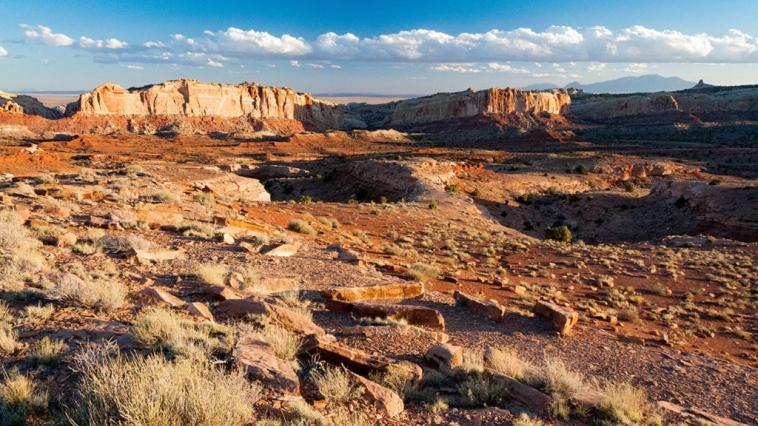
Summary
Victory for public lands! Republicans in the Senate and the House were pushing provisions to sell public lands. They were defeated... for now.
What's Happening
Longtime Goal: The privatization of our public lands has been a longtime goal for activist groups like the Heritage Foundation.
Congressional Drama: Republicans in the House added a provision to Trump's "big, beautiful bill" that would set aside 460,000 acres of public lands to be sold off to local government and private entities. The Senate was considering an even worse provision that would mandate the sale of 2 to 3 million acres of BLM and US Forest Service lands to the states.
Public Outcry: These land sale provisions sparked public outcry from both liberals and conservatives. Congressional offices were flooded with phone calls opposing the sale of public lands. Eventually key Republican senators — feeling the pain from their constituents — came out agains the land sale provisions.
Victory... For Now: On May 21, the House removed the land sale provision before approving Trump's bill. On June 29, the Senate removed the land sale provision from its version of the bill. This saga is over for now.
Why It Matters
Public Land Sales = Forever Lost: Public lands are sold to be privatized and developed. That means public access will be gone forever. And that means nature will be degraded or destroyed.
How To Help
Support Organizations that Fight for Public Lands: Southern Utah Wilderness Alliance (SUWA) is one of many nonprofits that rallied opposition to this harmful action. The battle may be over for now but the fight continues. You can support our public lands by staying engaged with organizations like SUWA. Please follow them on social media or via email alerts.
